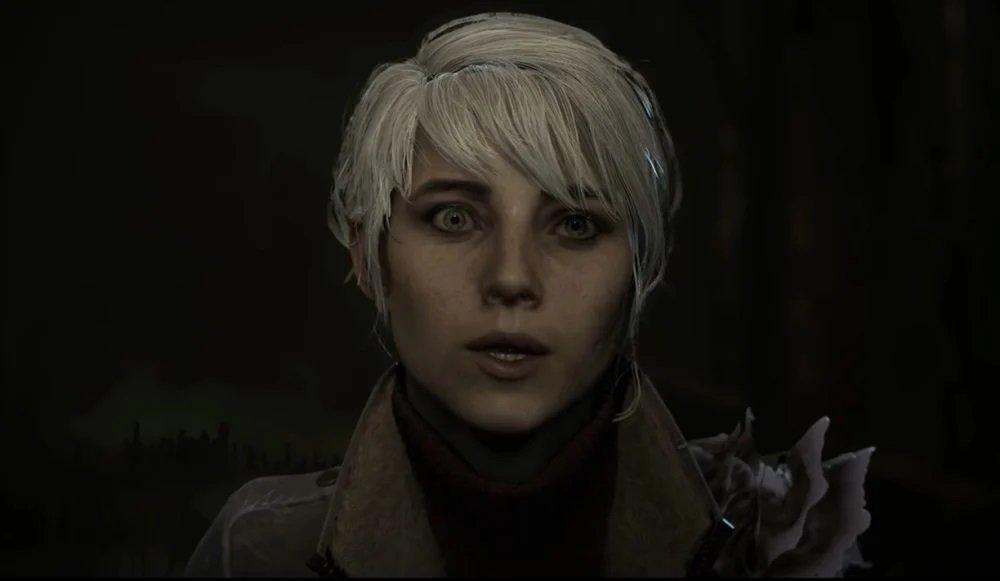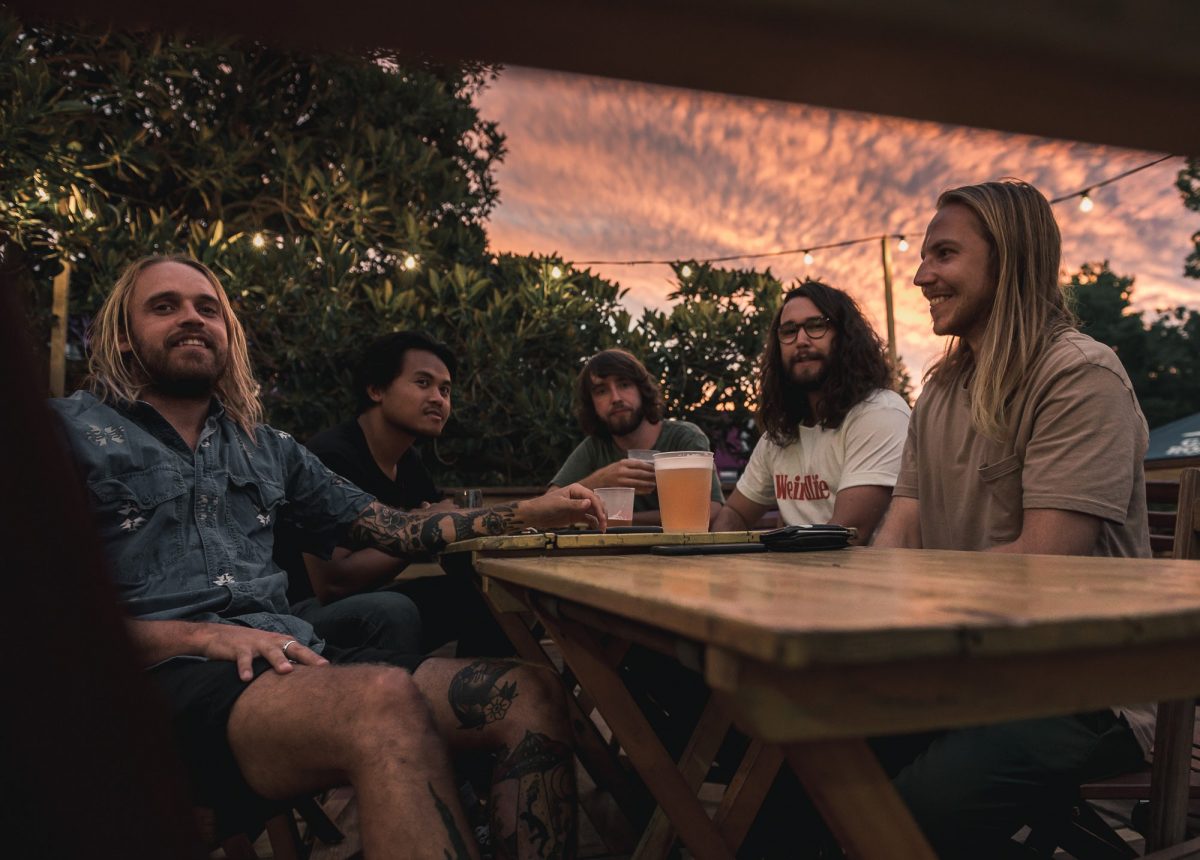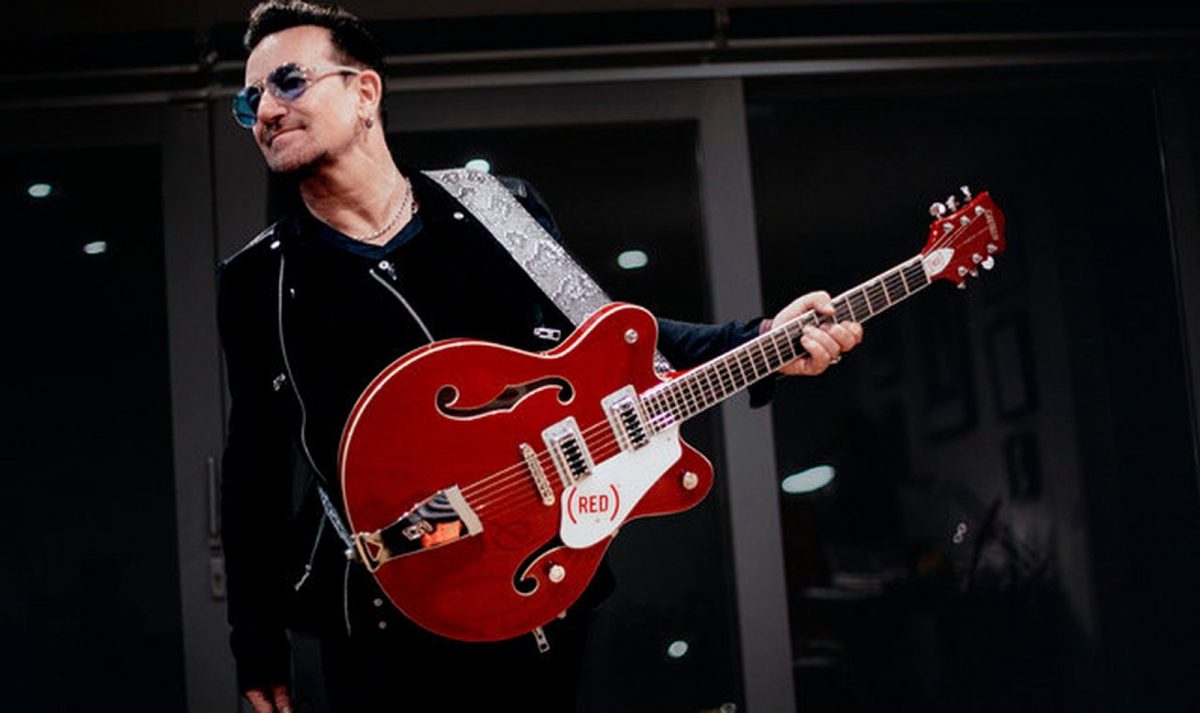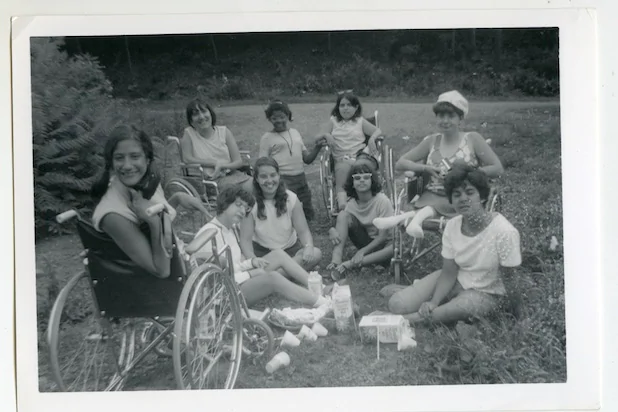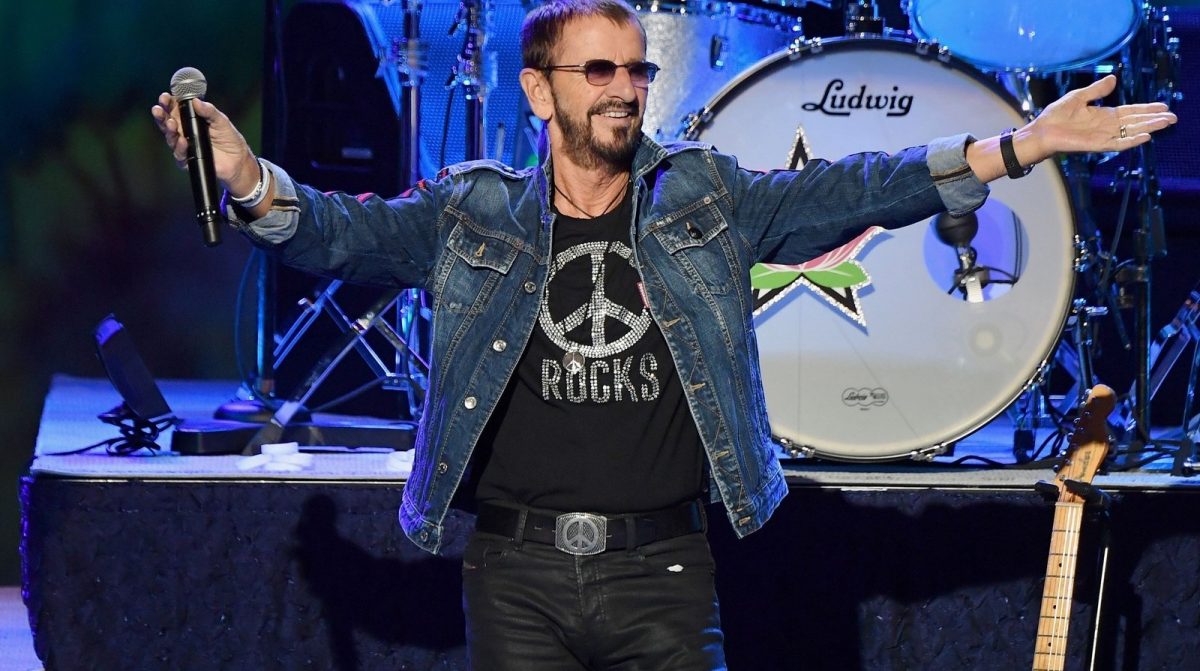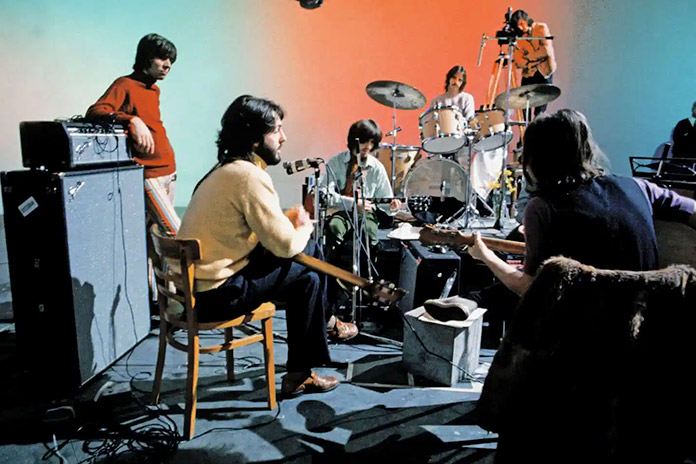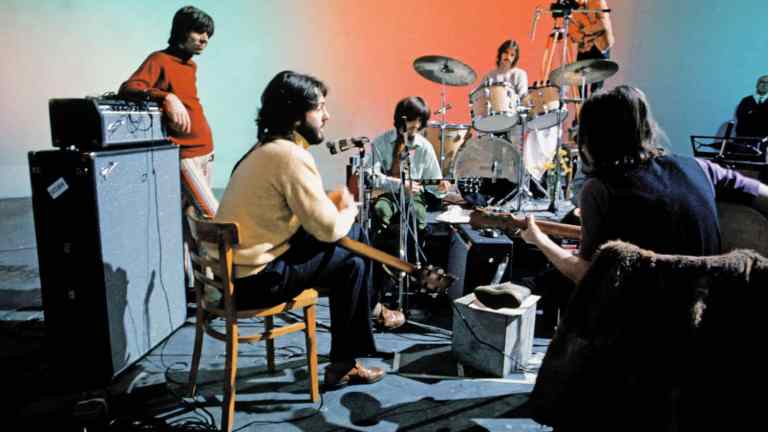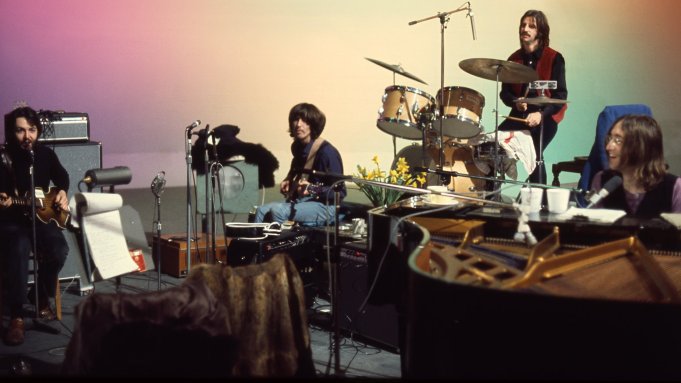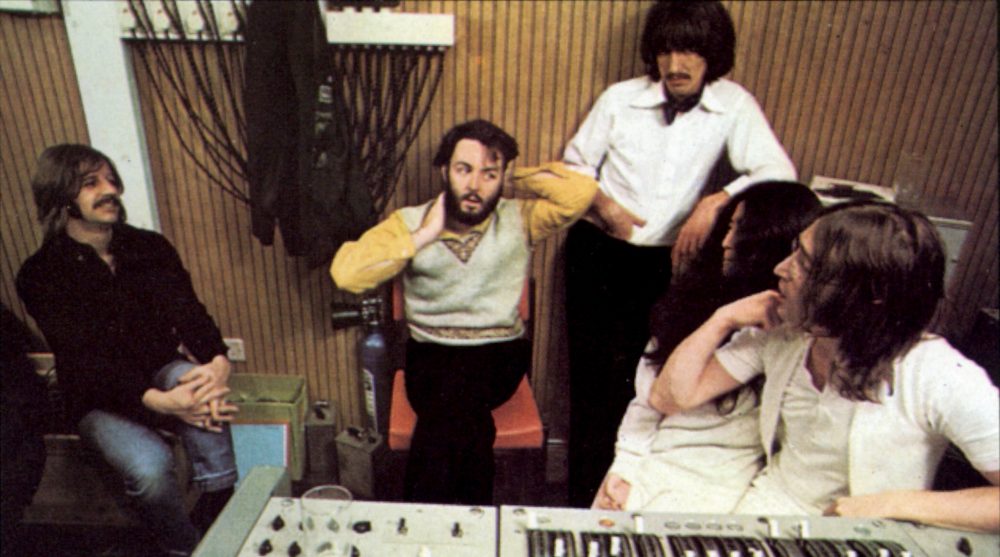Raucous antipodean riff monsters talk porn, scabies and their frontman being voted the world’s best guitarist.”I was working in an office, for an oil company,” says Jack McEwan, hirsute frontman and lead songwriter of Psychedelic Porn Crumpets over videochat, what with the whole pandemic thing, and him living in Perth, Australia. “I’d be getting eagled, mightily eagled at this dealer’s house regularly from Friday to Saturday, wondering how the fuck I was going to put on a shirt and tie Monday and, like, talk to people.”
“Anyway, I noticed there was a drum kit there, so I asked the dude about it. Turned out it belonged to Rish [now bandmate Luke Parish]. So he hooked us up, and one day we got together at that same house and started jamming.”
Fast forward to today, on the eve of their fourth album – pedal-to-the-metal psych masterpiece ‘SHYGA! The Sunlight Mound’ – and we’re catching up with Jack McEwan to find out what makes his band so irresistibly, infectiously hyper.
– – –
– – –
How come the psychedelia you make is so much more fun than most of the other dross which passes for psychedelic music these days?
We were meant to be a punk rock band, in the beginning. There was already a lot of psych happening in Perth, the home of Tame Impala and Pond. Every other band coming out at the time was called, like, The Trips, or The Velvet Rainbows. So we started out being punks, then began introducing psychedelia as kind of a joke. Four albums in I suppose now we’re living the joke. Our lives are just a giant, hilarious meme.
I reckon what sets you apart is that other psych bands just pile random lyrical images and sounds onto tracks, whereas you seem to have a little bit more discernment.
Thanks man. We take the Noel Fielding approach. The Mighty Boosh was a huge influence back in the day. What I loved about the Boosh was it seemed like it was all supposed to be random, but it was actually a perfectly-executed satire on the whole psychedelic mindset.
You make no secret of your fondness for the ol’ persian rugs. What’s your favourite drug, and why?
It’s evolved over the years. I actually think if I do one more trip I’ll probably melt and never come back. Last time I did ‘shrooms was in Colorado, on tour with the Meatbodies. This dude offered them to me, I couldn’t really say no. But turns out they’d been in his pocket all week, and had gotten all warm and mushy, I ended up vomiting and shitting myself, desperately trying to find my way back to the hotel.
Not a good look. Generally speaking alcohol is fair game isn’t it? Although I can turn into a complete moron. I’m more placid when I’m tripping, definitely, but there needs to be a beer involved somewhere doesn’t there? For balance. It’s a fine art.
– – –
– – –
On your last record you wrote about finding god in a tomato while high. Please tell me some of these newer tracks – ‘Sawtooth Monkfish’, say, or ‘Mango Terrarium’ – have similarly mangled inspirations?
‘Sawtooth Monkfish’ is just about a tattoo that a friend gave me, that looked, to me, exactly like a sawtooth monkfish. All the songs have a reason for them, they all talk about a moment of clarity that we had. [SHYGA! closing track] Gurney Gridman is about Sam, an engineer who helped record our drums in the studio. Sam had to get jaw surgery because he’d been gurning too much. We’d listen back to him gridding – quantizing, putting in time – our drumkit and we’d hear his jaw just gurning away on the microphones. Hence the tale of Gurney Gridman.
Anyway, just after COVID kicked off everything shut around here pretty much, except my local bottle shop. It has this awesome array of gins and nice wines, like a boutique, miles away from your normal Stellas.
Working on the record from home it became part of my morning routine, to head out at like 10am when everybody else is sipping coffee. I’d go to the bottle shop and bang on the shutter until he let me in, then I’d buy like a six pack of this Matso Mango beer. My studio eventually had all these bottles stacked everywhere around so I was like, huh, I’m living in a Mango Terrarium.
So are drugs, and your songwriting, kind of inextricable from each other?
I really love digging around in those strange scenarios. Writing about the weird aspects, finding the humour, telling a little tale. It’s more entertaining for an audience than, fucking, ‘here’ a love song! Here’s a rock song!’
I think what makes tripping so profound for me is I never wake up with a hangover, or that anxiety of worrying about who I pissed off. After tripping I wake up with a head full of strange ideas, which flood back, piece by glorious piece.
That said, ‘SHYGA!’ is probably an uppers record. Our coke album. Just up, up, up, up all the way.
– – –
– – –
What was your aspiration making this record – as in, was there like an over-arching vision you had going into it?
With songs, as with drugs, it’s very easy to rabbit-hole yourself into them, to the point you’re making these eight or ten minute epic tracks all the time. But the end result is better if you pare it down to a tight, cohesive three minutes. Which takes work, and discipline.
This time I wanted to apply that same method, but for an album. I wanted something that started with a theme, ended with the same theme, with a middle that correlates musically, lyrically, and structurally. To the extent that if one track was pulled out and placed on another album, it just wouldn’t work.
The Beatles did that with ‘Sgt Pepper’. ‘Youth And Young Manhood’ by Kings of Leon does it too. And of course Nirvana ‘Nevermind’. There’s a flavour in those records that’s so fresh and unique – the band were excited. You can literally hear it.
You studied graphic design eh. Did that influence how you turned out as a muso, do you think?
Absolutely it did. I remember on my first day of Uni we were given a project, to literally write down 1,000 ways you could think of to kill a cat. It was kind of funny, you could get to 80, or 100 easily, after that it got a little bit harder.
The lesson was basically trying to get you to think about logo design – that’s what I was doing for the oil company. The first 100 ideas you get out will be shit, but after that you get creative. So in terms of music, when I’m making a song, the first 20 or so saves of a structure I’ll just scrap. Then start from there. The first idea sucks, but when you’ve chopped bits out, added other bits, moved the ending back to the start, scrapped the chorus… eventually it comes together.
I think making a song this way is kind of like completing a Rubik’s cube. And where SHYGA! is different is, we applied that approach to the whole album.
– – –
– – –
Sick. You were voted the best new guitarist in the world by MusicRadar, have you been lording it up over the other bands playing in Perth?
I mean the really good thing is we’re still playing live shows in Perth. We actually haven’t had any new COVID cases here for like six or seven months, so we play socially distant, kind of, at half capacity. So bands who usually play to 300, are playing rooms for 600. Bands who would normally play to a 1,000 people are in 4,000 capacity rooms – bigger stage, better sound. Plus the crowd isn’t all crammed in, so you don’t get pints sloshed all down your back when the band starts.
Why do you think Perth is producing so many great bands right now?
There’s fuck all else to do, for one thing. There’s the beach, and the nightlife. People don’t really day-drink here – if you do you’ll pass out, and the redbacks’ll eat you.
When we tour in the UK there’s always these ‘disco loadouts’, which means the second your show’s over the band needs to clear out their gear so the DJ can move in. But here in Perth the pubs are literally built around the music scene. So after you play you go and chill in the garden, smoke a dart and chat to other bands.
That means the musicians all form communities, and there’s a lot of hopping between bands. You’ll meet a guitar player from another group that’s perfect for a certain project, and you form a supergroup. Tame Impala is technically a Perth supergroup, so is Methyl Ethel.
Also, we don’t really get a lot of big bands come out this way. Perth is the bumfuck of Australia, and Australia is the bumfuck of the world. So whereas huge acts dominate over in the east – Elton John, or Celine Dion or whatever playing seven nights in Sydney – in Perth the big venues are filled with local bands and the weekends.
It’s fertile soil. It’s easier to grow, easier to become interesting.
– – –
– – –
Do you miss touring, now the rest of the world is crippled by plague?
Some of my best memories are from touring. Like waking up in New York with some homeless guy, sharing a coat. I actually caught scabies that night.
Go on…
It was the best night of my life. We’d had a rare day off in New York City, and I’d never been there before. Incubus were playing at the theatre where I think Colbert is filmed, White Denim were playing in Brooklyn, with Ty Segall doing a set later a few doors down.
Best night of music ever, but like fucking stupid cunts we started drinking Long Island Iced Teas at the Hard Rock Cafe at 4pm – I remember Incubus, and I think we rocked up to Ty Segall at like 2am. At some point I tried to cross a road. It was really hot so I was carrying my coat. Anyway, drunk as fuck I thought “i’ll just lie down here”.
After a while I woke up, with our manager yelling at me, and there was this homeless dude next to me and we somehow both had my coat on. The band flew to Europe straight after that and I was just itching like crazy. I had to beg our manager to let me go to the doctors. Three weeks of scabies.
Best night ever. Okay last question – if you were banished to a desert island with only one of the following things, which would you prefer to pack: psychedelics, porn, or crumpets?
I’d like to say psychedelics, because I’d have a great time on the island. Truthfully I’d probably say porn, but if I say porn everybody will think I’m a pervert. So I guess crumpets would be a wise move?
I’ll put you down for porn.
What.
– – –
– – –
‘SHYGA! The Sunlight Mound’ is out now.
Words: Andy Hill
Photo Credit: Tristan McKenzie
Join us on the ad-free creative social network Vero, as we get under the skin of global cultural happenings. Follow Clash Magazine as we skip merrily between clubs, concerts, interviews and photo shoots. Get backstage sneak peeks, exclusive content and access to Clash Live events and a true view into our world as the fun and games unfold.
Buy Clash Magazine
Read Morenzezmtqxmzatyzcyni00ntmyltk0n2etmmm2zdc0mmm4ywjinwy1ymi5nweymtaxzg

